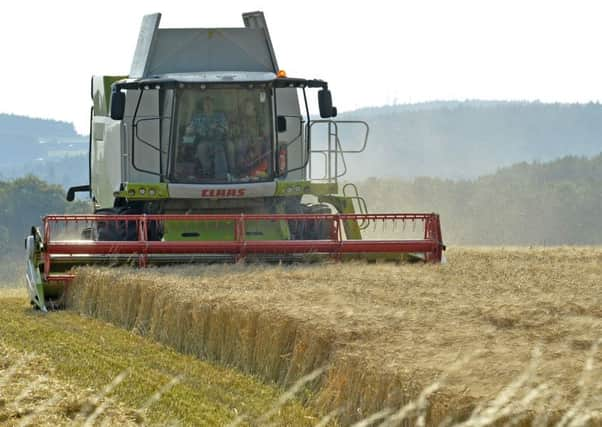Farm campaigners call for minimum environmental standards after Brexit


A farmer-led network says there must be “ambitious” minimum standards for the industry in the Agriculture Bill, which sets out policy for the sector as the UK leaves the EU, or long-term food security will be at risk.
The Nature Friendly Farming Network (NFFN) is calling on the government to establish an independent regulator to set clear standards to safeguard, maintain and enhance animal welfare, the farming landscape and the industry.
Advertisement
Hide AdAdvertisement
Hide AdAn independent regulator should support farmers to move towards nature-friendly farming practices with high environmental, production and animal health and welfare standards, the NFFN says.
The organisation, which was launched a year ago, warns soils have become depleted, water courses degraded and populations of birds, butterflies and other species such as hedgehogs have seen numbers fall significantly.
Its call to amend the Agriculture Bill to include minimum standards comes after a review on farm regulation for the government said estimates suggest some of the most productive land will be lost within 40 to 60 years.
Ministers have set out plans to pay farmers for providing “public goods” such as habitat for wildlife, planting trees to curb flooding and managing soil well, after the UK leaves the EU-wide Common Agricultural Policy subsidy scheme.
Advertisement
Hide AdAdvertisement
Hide AdBut the NFFN wants farmers who choose to focus exclusively on farm food production, using intensive methods, to be required to keep their land in “good heart”.
David Sandford, Northern Ireland chairman of the NFFN added that as, custodians of more than 70% of the countryside, farmers were uniquely placed to produce food while restoring habitats to help wildlife.